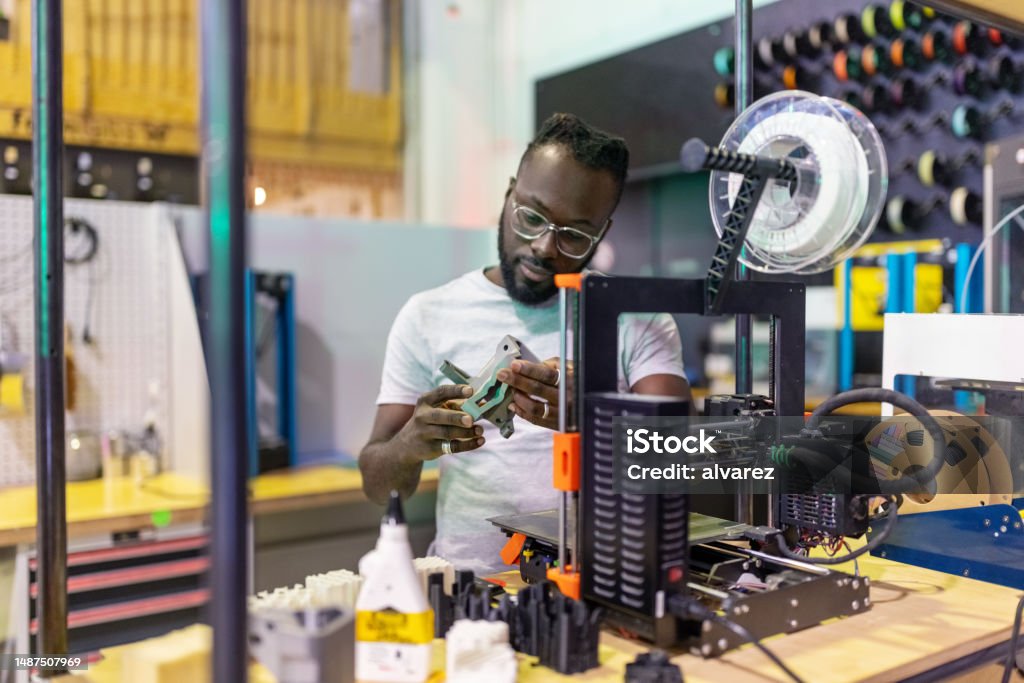Imagine a world where machines think, adapt, and interact seamlessly with humans—a world driven by precision and innovation. This is the exciting reality of mechatronics, where engineering meets creativity to produce groundbreaking advancements that shape our future. From smart home systems to robotic surgical tools and automated assembly lines, mechatronics plays a crucial role in many areas of modern life. But how can you build a successful career in this dynamic field? The answer lies in hands-on training programs, which provide the essential skills and experience needed to excel in mechatronics.
What Is Mechatronics?
Mechatronics is an interdisciplinary field that combines mechanical engineering, electronics, computer science, and control engineering. It focuses on designing and creating intelligent systems and devices. A career in mechatronics requires a deep understanding of how different components work together to create efficient, functional systems. As technology advances, mechatronics technicians are not only expected to know how things work but also why they work. This knowledge is key to innovation and problem-solving.
Why Hands-On Training Programs Are Essential
While theoretical knowledge is important, practical skills are crucial in mechatronics. Employers are increasingly seeking candidates who can demonstrate their ability to apply what they’ve learned in real-world situations. For example, a mechatronics technician might need to program a robot for a manufacturing line or troubleshoot a malfunctioning sensor in a smart home system.
Hands-on training programs provide students with the opportunity to practice these skills. Unlike traditional education methods that focus mainly on theory, these programs emphasize learning by doing. This approach helps students develop the competencies needed to succeed in the workplace.
The Benefits of Practical Experience
One of the biggest advantages of hands-on training in mechatronics is the immediate applicability of the skills learned. For instance, students might work on projects that mimic real industrial scenarios, such as designing a robotic arm or developing a sensor-based security system. These projects not only help students understand the complexities of mechatronic systems but also prepare them for the challenges they will face in their careers.
Consider a scenario where a mechatronics technician is tasked with improving the efficiency of an automated production line. Without practical experience, they might struggle to implement effective solutions, even if they understand the theory behind automation. However, a technician with hands-on training will have the skills to analyze the system, identify issues, and apply their knowledge to enhance performance.
Preparing for the Future with Hands-On Training Programs
As technology continues to evolve, the tools and systems used in mechatronics are becoming more advanced. This makes it essential for aspiring technicians to stay updated on the latest developments and gain experience with cutting-edge equipment. Hands-on training programs provide this experience by giving students access to modern laboratories and workshops where they can work with the latest technologies.
These programs also teach valuable soft skills like problem-solving, critical thinking, and teamwork. In mechatronics, the ability to collaborate with professionals from different backgrounds is vital. Hands-on training allows students to work on group projects, simulating the collaborative environment of the workplace and helping them develop the communication skills they will need to succeed.
Choosing the Right Training Program
When selecting a hands-on training program in mechatronics, it’s important to consider several factors. First, ensure the program offers a comprehensive curriculum that covers all key areas, including mechanical systems, electronics, computer programming, and control engineering. It should also provide plenty of opportunities for practical experience with industry-standard tools and technologies.
Look for programs taught by experienced instructors who can offer valuable insights and guidance. Ideally, these instructors will have real-world experience in mechatronics, allowing them to share practical knowledge and tips that go beyond textbooks.
The Value of Industry Connections
Another important aspect to consider is the program’s connection to the industry. Training programs with strong ties to companies and organizations in the mechatronics field often provide students with valuable networking opportunities, internships, and job placements. These connections can be a significant advantage when starting your career, as they help you gain practical experience and build relationships with potential employers.
The Growing Demand for Mechatronics Technicians
The field of mechatronics is poised for significant growth, driven by advancements in automation, robotics, and artificial intelligence. As industries continue to adopt more sophisticated technologies, the demand for skilled mechatronics technicians will only increase. Those who have undergone comprehensive hands-on training will be best positioned to take advantage of these opportunities.
Hands-on training programs provide a solid foundation for a successful career in mechatronics by equipping students with the knowledge, skills, and experience needed to excel. Whether you’re just starting out or looking to enhance your existing skills, investing in a hands-on training program can be a game-changer, opening doors to new opportunities and setting you on the path to success.
By choosing the right program and dedicating yourself to continuous learning, you can ensure that you have the skills needed to thrive in this exciting and evolving field.

